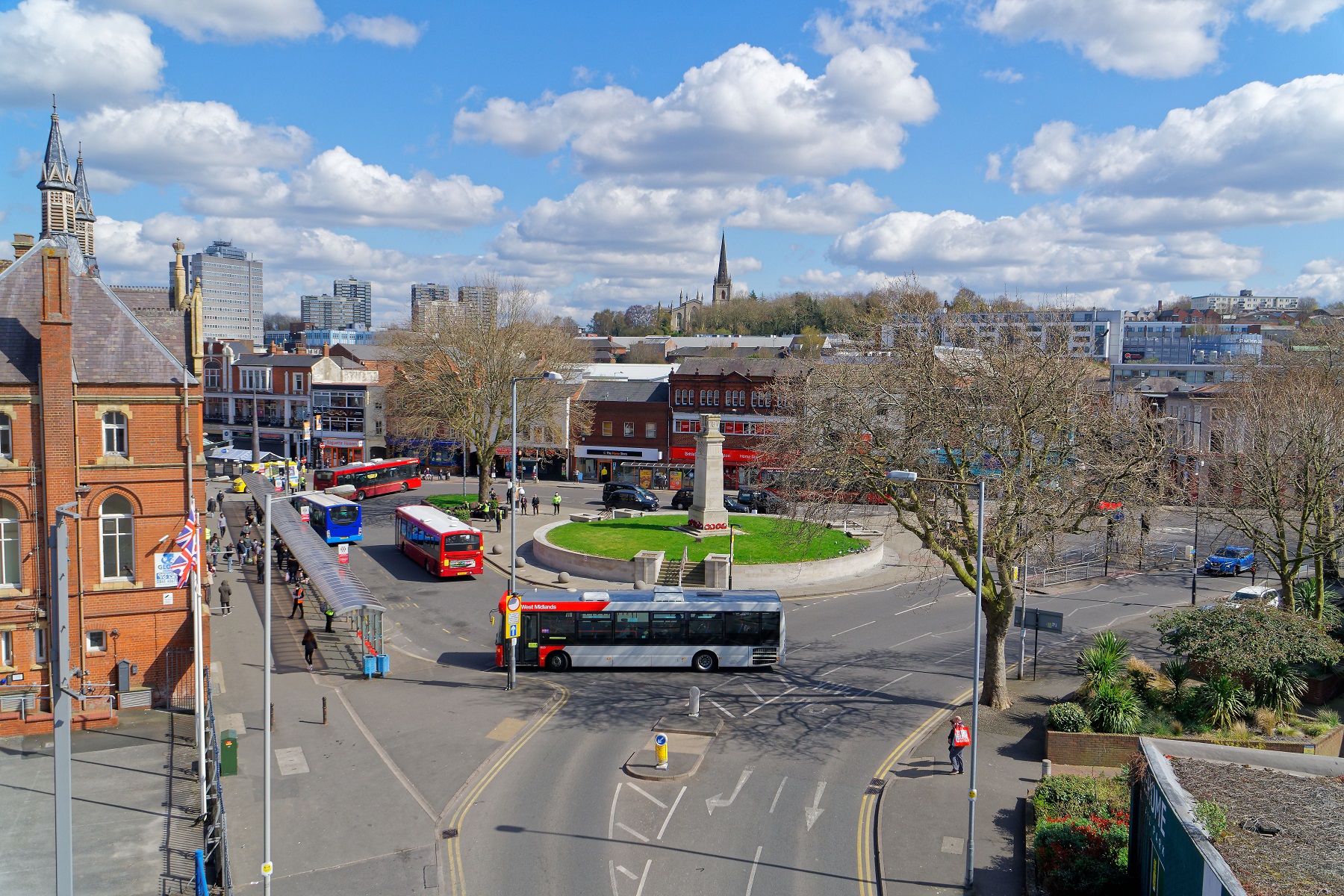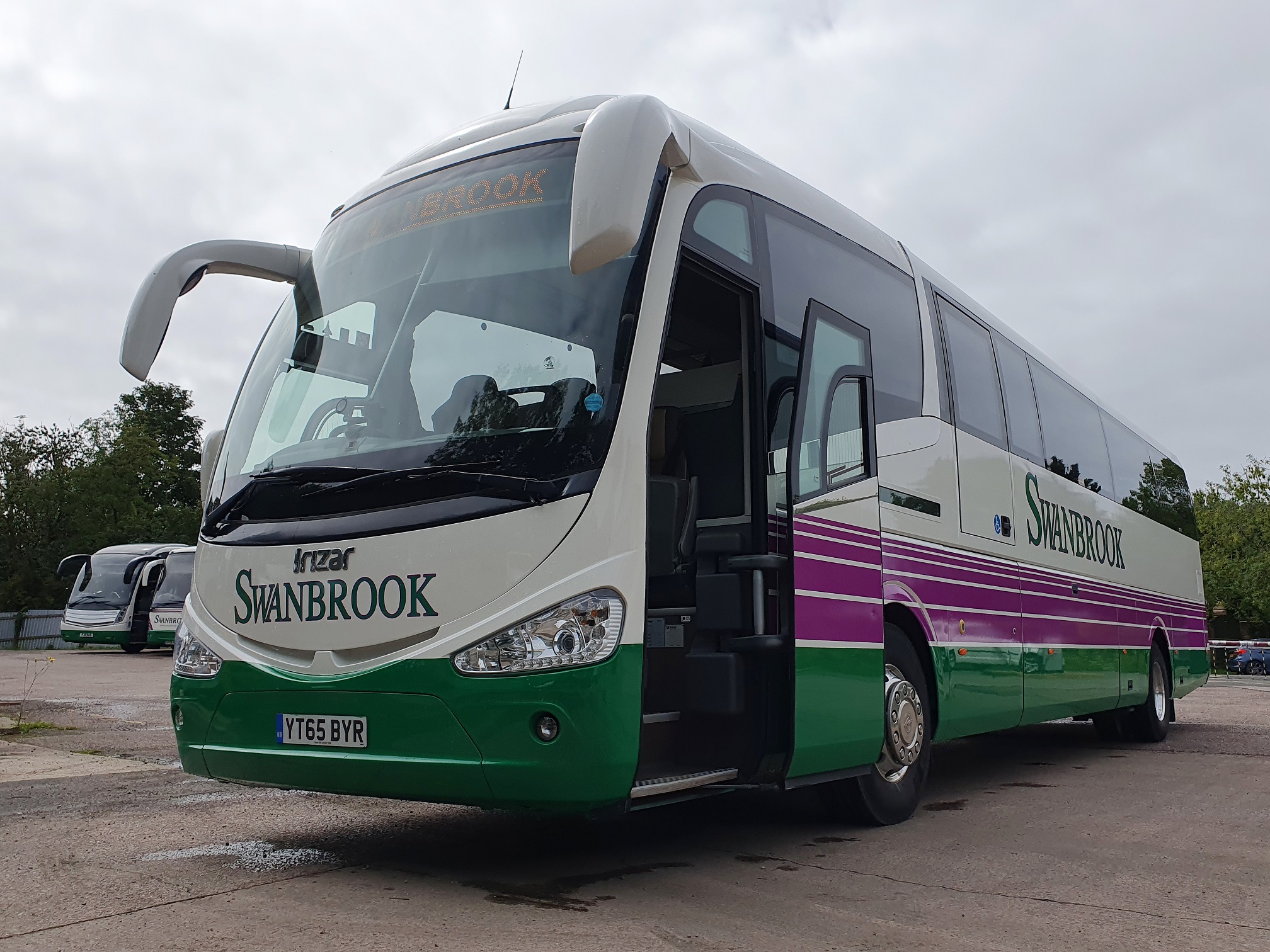Transport for West Midlands (TfWM) has reallocated around £40 million of its £87.9 million Bus Service Improvement Plan (BSIP) settlement to protecting the region’s existing bus network until 2025.
The transfer has been made after the Department for Transport amended its approach to BSIP allocations in late May. Prior to that, those monies could not be used to support existing routes. The change better aligned BSIP and the subsequent BSIP Plus funding stream, which alongside BSOG Plus was introduced after the end of Bus Recovery Grant.
A decision to move around 45% of the TfWM BSIP allocation to supporting existing services will allow them to operate “at near current levels until the end of 2024,” the body says. It was made in agreement with bus operators, including the West Midlands conurbation’s largest in National Express West Midlands and Rotala.
Failure to have concluded the deal would have left around one-third of the region’s bus services under threat of frequency reduction or outright withdrawal. That has been caused by the cessation of revenue support in June in favour of BSIP Plus and BSOG Plus. TfWM was among the minority of local transport authorities in England not to receive a first year BSIP Plus allocation.
While there is an acknowledgement that the £87.9 million BSIP settlement was based on plans to fund new measures to grow bus patronage, TfWM says that it “is still on course to invest in improved bus priority and more electric and hydrogen buses, as well as securing agreements with operators.”
That the approximately £40 million shifted to supporting existing services will last only to the close of 2024 hints at the scale of the funding shortfall for buses in the West Midlands. TfWM acknowledges that a recent fares increase was also necessary to keep services running.
Mayor of the West Midlands Andy Street led negotiations with government and operators to secure the agreement on change to BSIP spending. While TfWM has taken action in the short term, the senior Conservative politician tellingly notes that “we all know that a more sustainable solution must be found in the years ahead.”
National Express UK and Germany CEO Ashley Jensen has welcomed the agreement, noting that National Express West Midlands continues its investment in zero-emission vehicles. Ms Jensen adds that the operator “will also work closely with our partners to seek a long-term solution to the issues facing the bus industry at the present time.”
In addition to the BSIP-funded network protection, TfWM provides around £16 million per annum for subsidised routes. They will be reviewed in October, with the body accepting that some could be reduced or withdrawn.



























